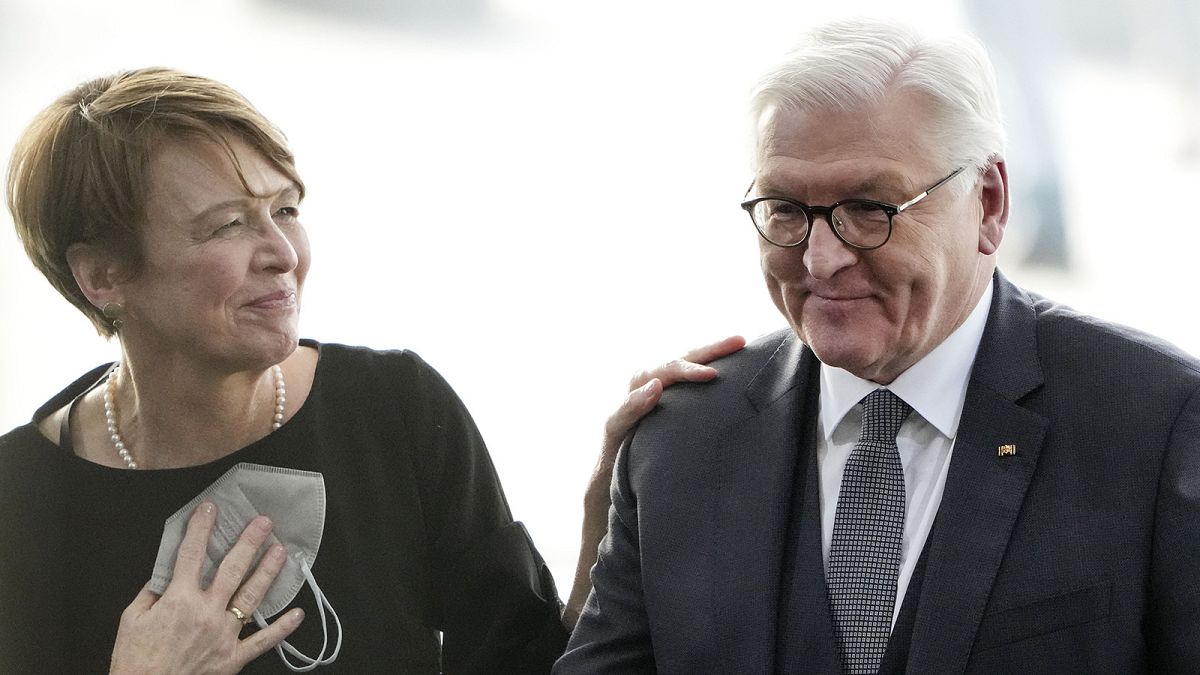A special parliamentary assembly met on Sunday, electing Steinmeier as president for another five-year term.
German President Frank-Walter Steinmeier was reelected on Sunday for a five-year term in a largely ceremonial post where he must embody a moral authority that cuts across party lines.
"My responsibility is for all the people who live in our country. Non-partisan, yes — but I am not neutral when it comes to the cause of democracy. Whoever fights for democracy will have me on his side. Whoever attacks it will have me as an opponent," Steinmeier said in a speech after accepting his election.
In office since March 2017, the former foreign minister and chancellor candidate for the Social Democrats (SPD) was chosen by a large majority of 1045 of the 1437-votes-strong special electoral assembly known as the Federal Convention.
The electoral body brought together members of parliament’s lower house, and a number of representatives chosen by the country's 16 federal states including former German leaders, and certain civil society personalities.
In his speech, Steinmeier also reflected on the ongoing crisis in Ukraine, saying that Moscow was "responsible" for the risk of "war" in Europe because of tensions over Ukraine, on the eve of a visit by Chancellor Olaf Scholz to Kyiv and then to Moscow.
"We are in the midst of a risk of military conflict, of war in Eastern Europe, and it is Russia that bears the responsibility," he said just after his reelection.
Steinmeier, 66, announced that he would seek a second term last May, before the parliamentary election that brought Scholz’s coalition to power and at a time when his chances of re-election looked far from certain.
The president said he wanted to help heal divisions widened by the COVID-19 pandemic.
Before becoming president, Steinmeier served two stints as Chancellor Angela Merkel’s foreign minister and previously was chief of staff to Chancellor Gerhard Schroeder.
Germany’s president has little executive power but is considered a substantial moral authority. After messy parliamentary elections in 2017, Steinmeier helped prod politicians to form a new coalition government rather than holding out for a new vote.
Steinmeier was endorsed by most mainstream political parties ahead of the election.
